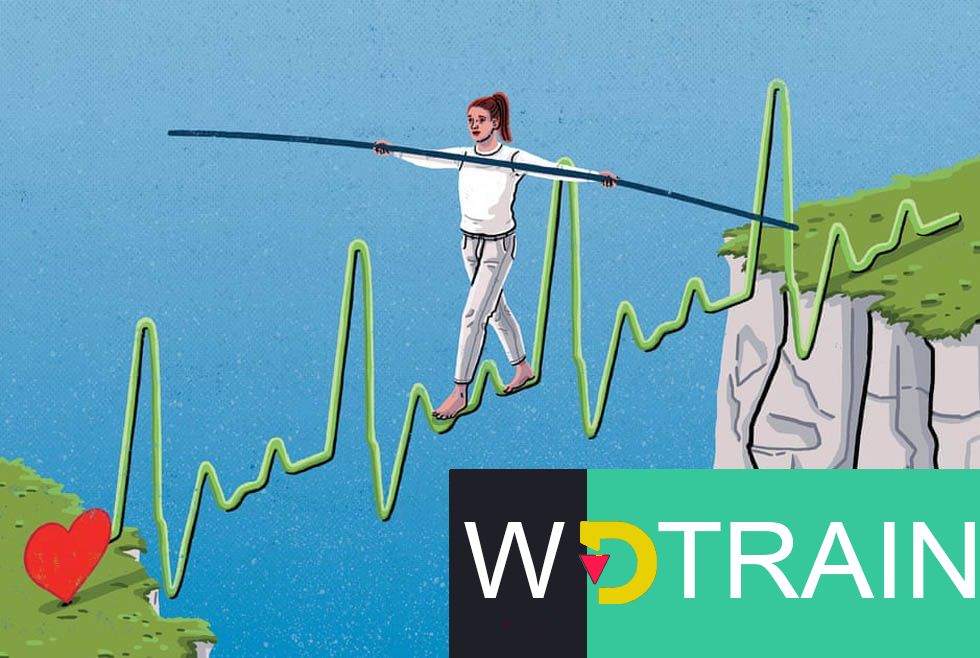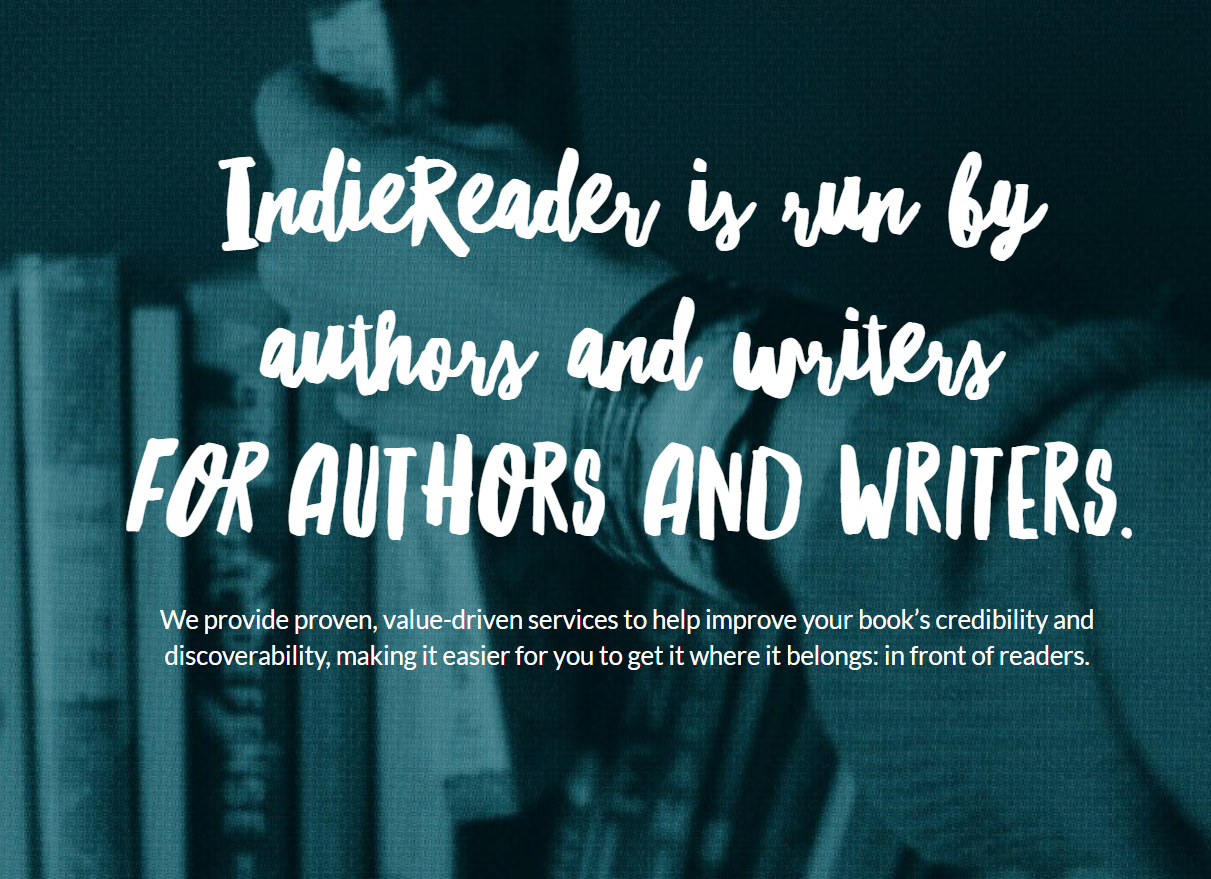Dr Tracy Dennis-Tiwary was a professor of psychology, immersed in analysis – evaluating which psychological well being remedies labored and why – when she first turned conscious of an uptick in anxiousness. This was some 15 years in the past in New York Metropolis. ‘I work intently with practising clinicians and I keep in mind considered one of them saying, ‘I’m seeing all these mother and father and youngsters coming in they usually’re speaking about anxiousness the way in which we used to speak about stress,’’ she says. ‘Every part is about anxiousness.’
Again then, Dennis-Tiwary believed remedies would make a distinction. ‘I assumed we had been going to claw this again, however the reverse occurred.’ As a substitute, that uptick turned an avalanche. In the present day, anxiousness issues are the most typical psychological well being points within the US, affecting 30% of adults. Within the UK, prescriptions for anti-anxiety medicines have nearly doubled over the previous 15 years, with a pointy rise among the many under-25s (within the US, says Dennis-Tiwary, prescriptions have quadrupled). In 2021, a survey of 8,000 kids led Oxford College Press to call anxiousness because the ‘phrase of the 12 months’.
The concept anxiousness is one thing to eradicate is actually a recipe for extra anxiousness
‘It’s the phrase on everybody’s lips, the problem of the second,’ says Dennis-Tiwary. ‘We’ve got reconfigured ourselves to consider ourselves as an anxious society. We’ve got one million nice self-help books, scientifically validated remedies; now we have 30 totally different anti-anxiety meds however the area has not saved tempo with the remedy and prevention of bodily illness. None of it’s sticking.
‘I used to be a part of the issue, nevertheless well-intentioned, till I began to get up a couple of decade in the past and started considering, ‘Wait a second. What are we saying to folks?’ The concept anxiousness is one thing to handle or eradicate, a behavior to be damaged, is mistaken and really doing us hurt. It’s actually a recipe for extra anxiousness.’
That is the central message in Dennis-Tiwary’s new ebook, Future Tense. She concludes that the issue isn’t anxiousness itself, however our beliefs about it and our makes an attempt to keep away from it, which aren’t solely destined to fail, but additionally to make us weaker and extra fragile. It’s a vicious cycle.
To assist reframe anxiousness as an ally not an enemy, Future Tense takes a deep dive into the emotion itself. ‘Nervousness may be very totally different to concern,’ says Dennis-Tiwary. ‘Worry is the knowledge that one thing unhealthy is occurring to you. Nervousness is about uncertainty; it’s the sensation that one thing unhealthy might occur, however won’t. It’s the discrepancy between the place you might be and the place you need to be.’ So that you’re anxious about failing your exams. About that lump. Discovering your first job. ‘Nervousness is designed to really feel unhealthy – your coronary heart races, your blood vessels contract – so that you sit up and pay attention,’ she says. ‘However not like concern, anxiousness incorporates hope. Our dopamine ranges enhance – that’s the feelgood hormone that occurs after we’re rewarded.’ The distant prospect of acing these exams, of getting a clear invoice of well being or touchdown your chosen profession is the dopamine speaking. Nervousness can focus the thoughts, drive you to revise tougher, to see a health care provider, to hunt new pathways in the direction of your chosen profession. ‘It’s a horrible emotion, it feels horrible,’ says Dennis-Tiwary. ‘However it’s a stupendous emotion, too.’
The important thing distinction between anxiousness and an anxiousness dysfunction is useful impairment – when our methods of coping impede on regular life. Maybe we cease leaving the home. In circumstances of obsessive compulsive dysfunction, we’d create rituals to dampen the emotions. Dennis-Tiwary advocates remedies like publicity and response prevention, a cognitive behavioural remedy, which helps sufferers confront no matter they’re anxious about.
However her largest want is to vary our method at a a lot earlier stage in order that anxiousness received’t drift right into a dysfunction. ‘First, it’s the understanding that being anxious will not be a malfunction, it’s useful and helpful,’ says Dennis-Tiwary. ‘If you happen to get up with that feeling, it’s price tuning in and sitting on it for some time. Why are you feeling like this?’ She offers the instance of her first being pregnant when she realized that her son would require open-heart surgical procedure inside months of his start. Her anxiousness was off the size, but it surely energised her to do every thing in her energy to minimise the chances of the worst consequence conceivable. She gathered data from each paper ever revealed about her son’s situation, she discovered the absolute best surgeon, she deliberate for each contingency.
Nervousness helps us forge forwards with artistic options, however there are occasions when there may be little we are able to do to deal with a future uncertainty. Dennis-Tiwary suggests some ways of coping right here. Connecting with family and friends is a soothing first step. Cultivating issues that immerse you within the current second can also be useful.
‘Mindfulness is one method, however no matter works for you. Train is an unbelievable solution to discover stream and produce your self to the current. Music – whether or not you carry out or take heed to it. Strolling in nature. I really like to jot down poetry – unhealthy poetry more often than not but it surely leads me to a state of expansive considering.’ Making a day by day to-do checklist can claw again some sense of management and achievement.
The worst doable response is to as a substitute stamp out the sensation or try to keep away from it. People, says Dennis-Tiwary, are ‘anti-fragile’ – we solely strengthen and develop when challenged. ‘Our emotional techniques are like our immune techniques,’ she says. ‘If our immune system isn’t uncovered to germs, it stays weak. If our muscle tissues aren’t used, atrophy units in. It’s solely by feeling our anxiousness, listening and performing on it that we cope higher subsequent time.’
For that reason, Dennis-Tiwary expresses grave issues over our creeping collective anxiety-avoidance methods like protected areas and set off warnings. ‘I feel they’re counter-productive and to this point, the proof means that, too,’ she says. ‘What they have an inclination to do is inform somebody that they’re lower than the duty and that troublesome feelings are dangerous.’
Snow-plough parenting is one other counter-productive growth. ‘Right here in Manhattan, it has changed the helicopter mum or dad,’ says Dennis-Tiwary. ‘This removing of obstacles, fixing issues earlier than they’ve occurred. I do know it’s so arduous being a mum or dad – it takes every thing for me to not step in – however now we have to think about our youngsters, acknowledge their feelings, present now we have confidence they will determine it out. We have to assist them by, not round.’
This speaks to me. In 2020, my youngest daughter was the goal of some dangerous behaviour at her college. She got here off her telephone. She minimize contact together with her friends. Inside weeks, the faculties had closed, too, the nation in lockdown and my daughter’s anxiousness over ever going again or making new buddies was sky excessive. I used to be so tempted to carry that weight off her again by telling her she by no means needed to. I got here shut. I considered transferring home. I enquired about different faculties. I researched residence education. However then what? Sooner or later, she’d should step again into the world. The children from her college lived throughout us. On social media, they’d by no means be greater than a click on away. I knew that one of the best consequence was the toughest – to return.
Nervousness introduced my daughter to all-time low, however by sitting with it, getting by not round, she’s stronger and wiser
Surprisingly, within the months that adopted, my daughter used most of the strategies outlined in Future Tense. She stuffed notebooks with lists that she rigorously ticked off every day. At first they had been fundamental – ‘bathe’, ‘wash hair’ – however as she started to observe pursuits and discover significant distractions (youngsters with out telephones have quite a lot of hours to fill), they turned extra character-building. ‘Meditate’’, ‘French Duolingo’, ‘Leg exercise with weights.’ My very own anxieties introduced some horrible bodily results – lack of urge for food, my garments stopped becoming – however my thoughts whirled with concepts, new methods to construct her up. Some truly labored. She attended a movie course, the place she bonded with a lady over a shared curiosity (nonetheless considered one of her closest buddies). Although we weren’t occurring vacation that summer time, I requested a household in Madrid in the event that they knew a teenage lady taken with a fortnight’s trade. My daughter returned from that journey the happiest and most relaxed I’d seen her.
At college, it most likely took a full 12 months earlier than my daughter felt protected in new friendships. Nervousness introduced her to all-time low, however by sitting with it, getting by not round, she’s deeper, stronger and a lot wiser. I couldn’t be prouder. Like Dennis-Tiwary says, it’s horrible, it feels horrible – but it surely’s stunning, too.
Future Tense: Why Nervousness is Good for You (Even Although it Feels Unhealthy) by Tracy Dennis-Tiwary is revealed by Little, Brown on 3 Could at £14.99, or purchase a replica from guardianbookshop.com for £13.04






